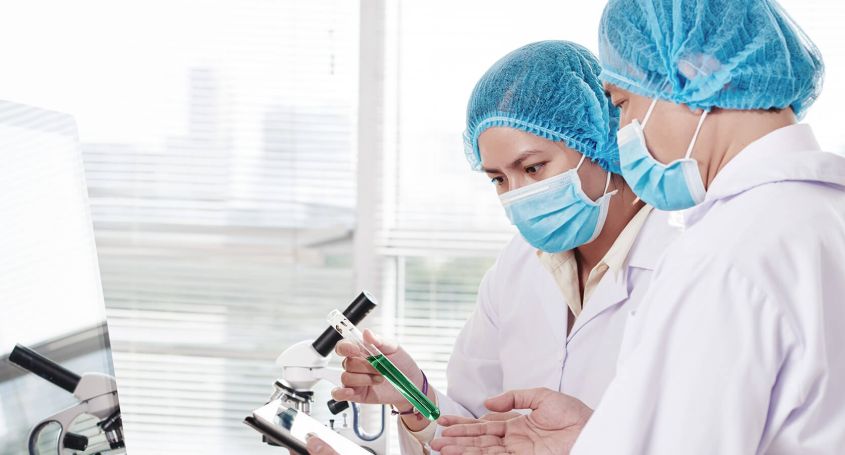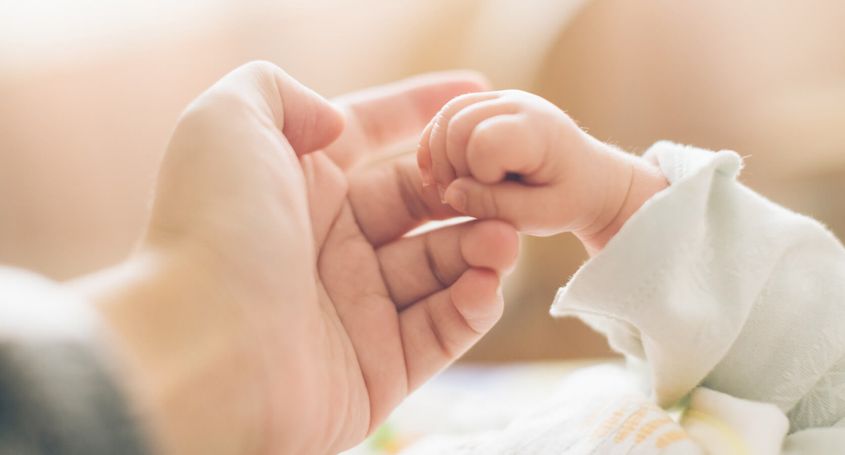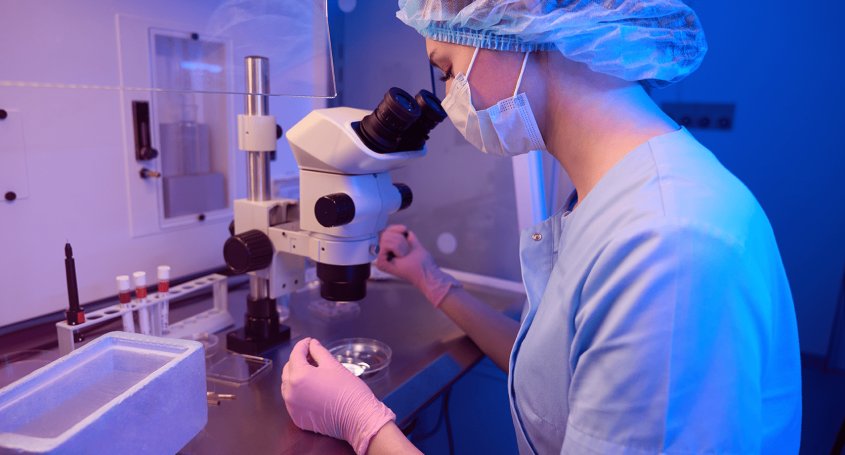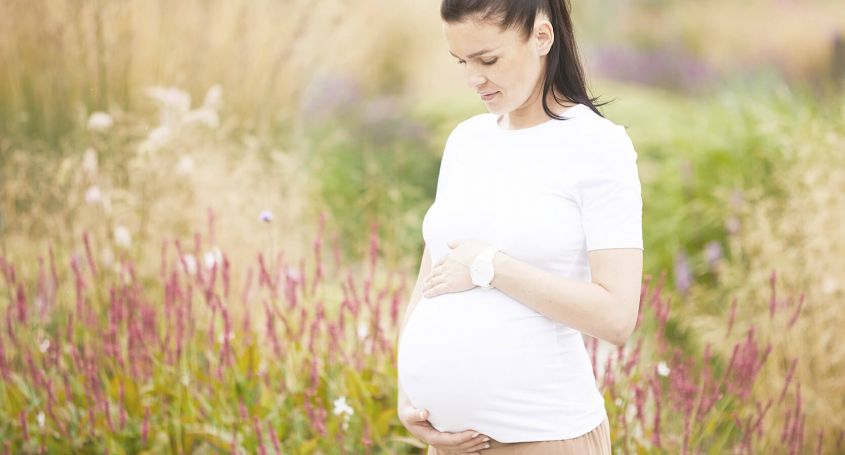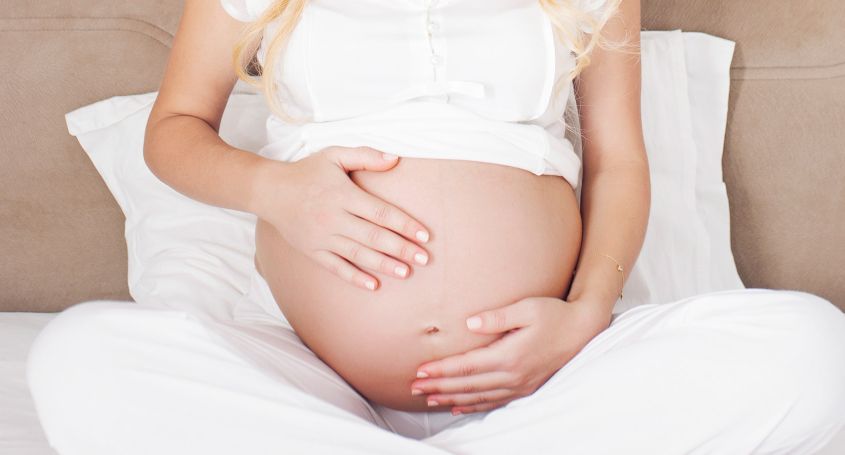Do you know what ovarian puncture is? Do you want to know if it hurts? In this publication you will find answers to the most common doubts about this phase of in vitro fertilisation treatments.
What is ovarian puncture?
An in vitro fertilisation treatment can be summarised as follows: ovarian stimulation with gynaecological controls, obtaining the eggs and sperm, fertilisation and transfer of the embryos into the uterus.
In the first phase, ovarian stimulation, the aim is to increase the number of oocytes (immature precursors of the oocytes) that mature in each menstrual cycle. This increases the possibilities for in vitro fertilisation, obtaining embryos and allowing one of them to develop into a pregnancy. The oocytes that mature at this stage are extracted using the ovarian puncture technique.
Does ovarian puncture hurt and how long does it last?
It does not hurt, as it is performed under sedation. It is a simple procedure lasting about 10 minutes.
Care after an ovarian puncture
Following this procedure, it is recommended that you avoid extreme physical exertion for at least a few days. However, this does not mean that you should rest completely.
On the other hand, patients often notice swelling after ovarian puncture, as well as light bleeding for 2 or 3 days afterwards. In general, these are usually minor discomforts, but if you have any doubts about what is normal and what is not, we recommend that you contact the clinic.
When do they call after a puncture?
Each case is different, as it depends on how many of the extracted eggs have matured, how many have managed to fertilize and how they have developed. At Barcelona IVF we have a team of psychologists who will help you manage your emotions during this waiting period.
How many eggs are there in a follicle?
Generally speaking, each follicle contains one egg, but it is possible that some follicles may not have any oocytes inside them or they may be immature, i.e. not suitable for fertilization.
How do the oocytes get to the laboratory?
The oocytes are placed in sterile tubes and immersed in the follicular fluid.
Once the ovarian puncture has been performed, what happens?
Once the oocytes and sperm are obtained, insemination takes place. After 18-21 hours, correct fertilization is checked. The embryos are kept in incubators that provide them with the ideal conditions for their development. The evolution of each embryo is monitored until day 5 of growth, when the embryos are transferred into the uterus.
This 5-day long culture allows us to select those embryos (blastocysts) with the greatest capacity for implantation, thus increasing the chances of pregnancy. But how many fertilized eggs usually reach the blastocyst stage? The percentage of fertilized eggs that reach this stage is 40-60%.
Do you have any more doubts? Ask for an appointment with no obligation!
